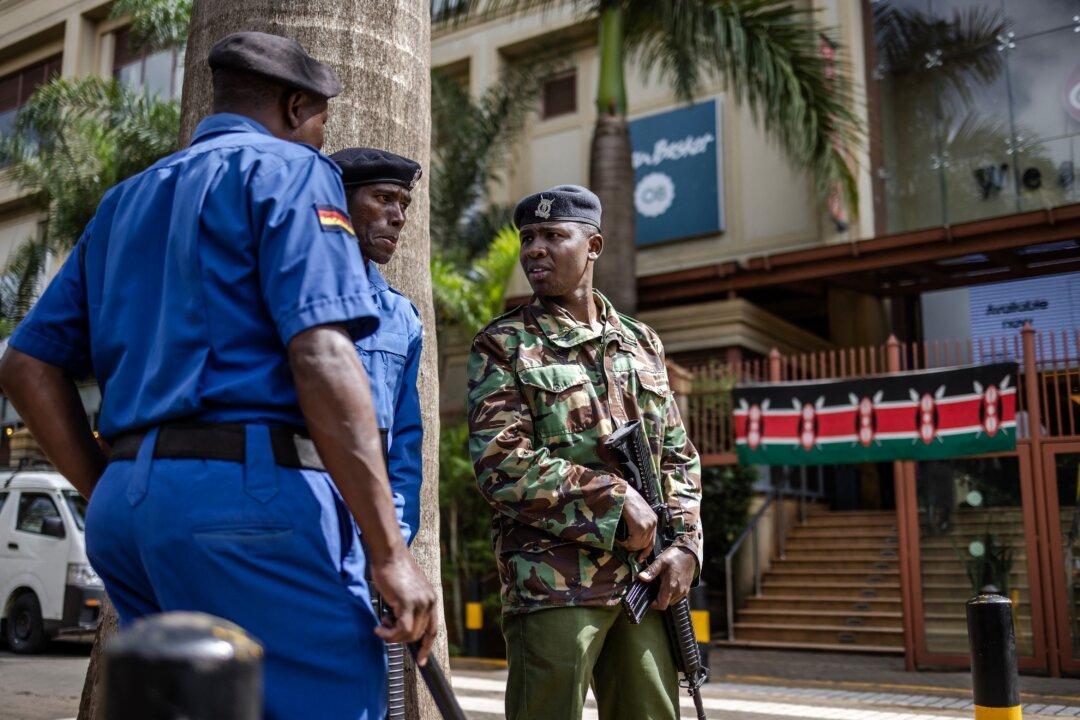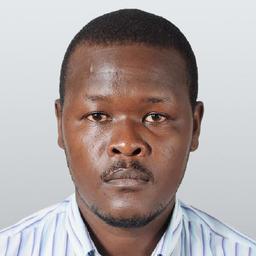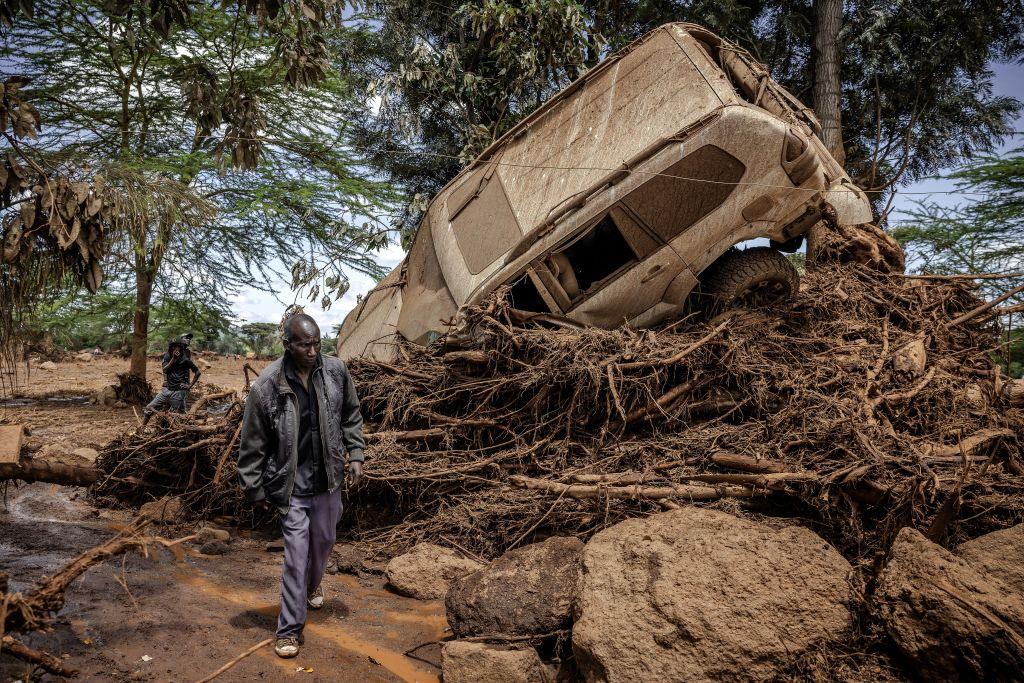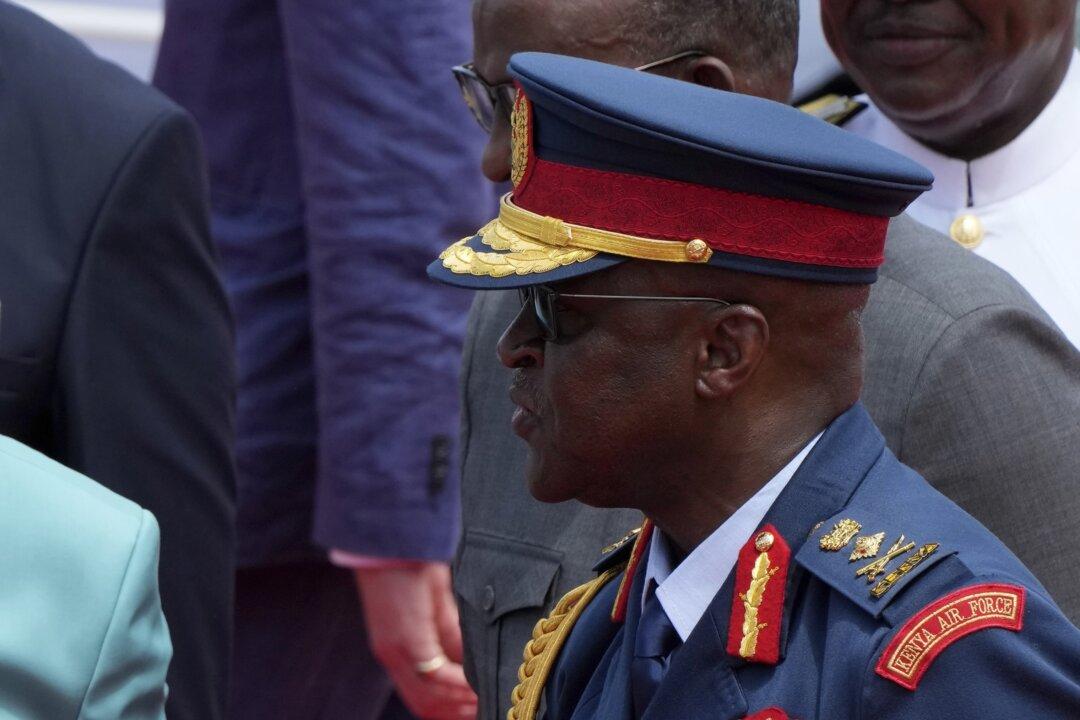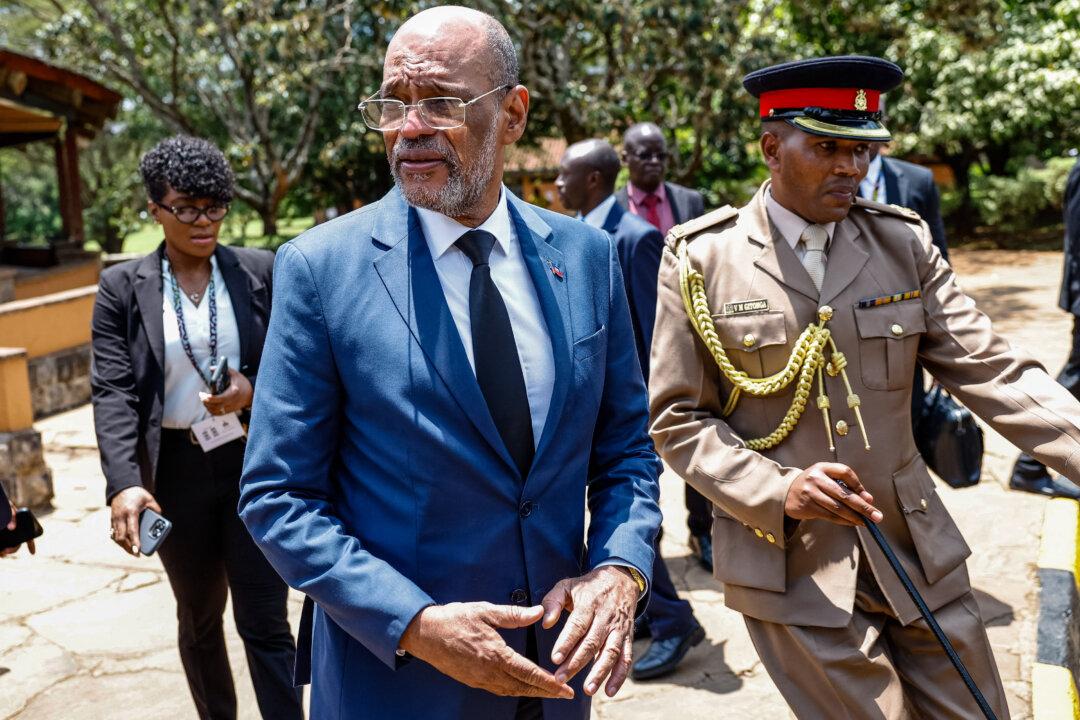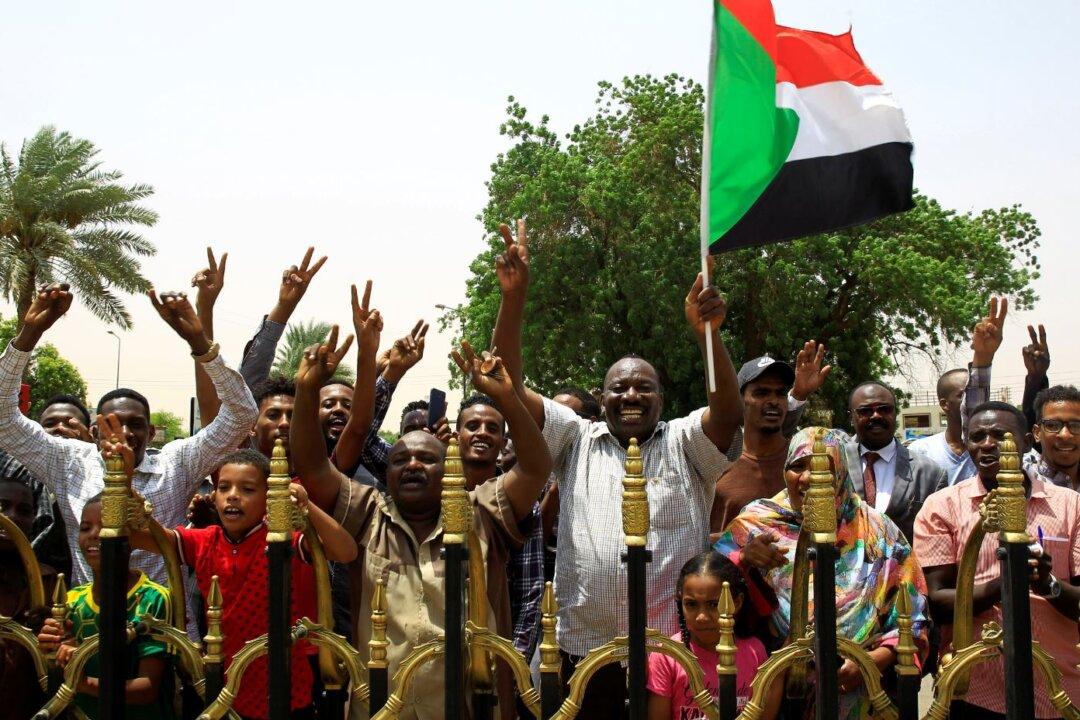Kenya’s plan to scrap visa requirements in January has raised concern among experts with the recent admission to the East African Community (EAC) bloc of Somalia—a country still struggling with terrorism and high levels of crime. The plan could reopen wounds for Kenya, which has been trying to distance itself from the Al-Shabaab terrorist group, a security expert says.
Celebrating 60 years as a republic, Kenyan President William Ruto announced his plan on Dec. 12 to scrap visa requirements for all travelers, expatriates, and investors entering the East African country.
